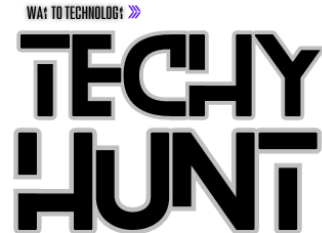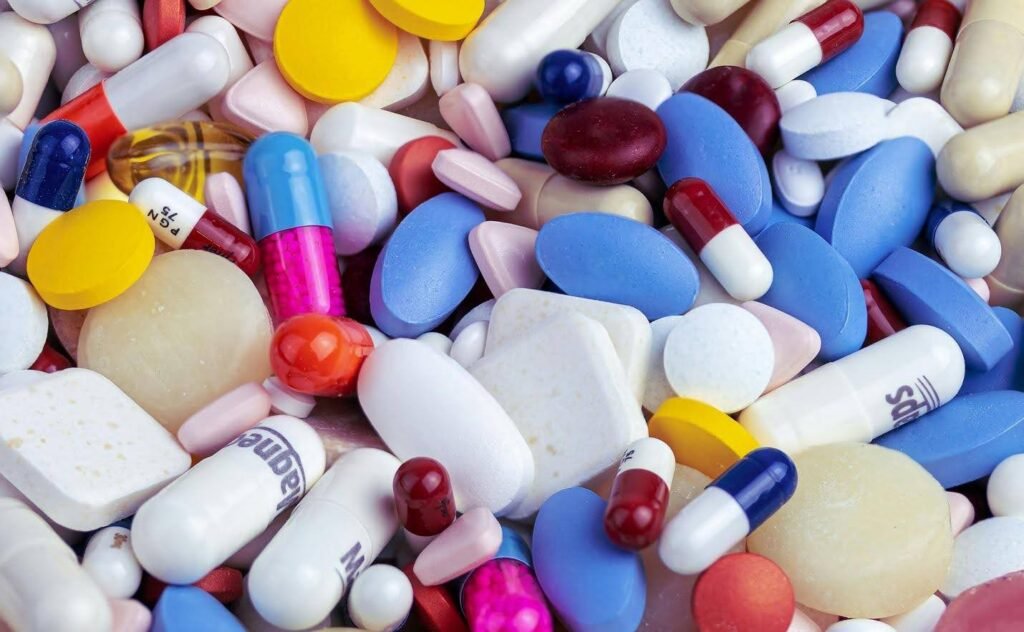Introduction
Our health comes first in this era of rapid transformations. Health enthusiasts and supplement users like us are always in the hunt for anything that would make them feel better. However, how can we ascertain that what we consume is advantageous without being detrimental to our bodies? Well, it all lies in technology, a great transformative agent. This blog post looks at the role that technology has played in the safety and quality of supplements thereby giving advice to those who are conscious about their health and also are fond of computer literacy.
Evolution of Supplement Production Technology
Historical Perspective
Supplement production has come from far. Initially, making a dietary supplement was done by primitive methods which entailed things like hand extraction techniques and crude formulations of products. Sometimes there were disparities between what was stated on the product label and what was inside because there was no quality control mechanism.
Modern Technology in Production
The coming of advanced technology has revolutionized the way supplements are manufactured. According to Matt Grammer CEO at Counseling Now “The use of hi-tech machines, automation and more advanced quality assurance systems have increased efficiency during manufacture. Consequently, manufacturers can consistently produce high-quality products which do not fall short of regulatory standards while eliminating contamination risks.” They ensure accurate measurement of active ingredients using devices such as High-Performance Liquid Chromatography (HPLC) or Mass Spectrometry (MS) so that they have truly made it into the bottle.
Benefits and Challenges of Advanced Technology in Supplements
Improved Quality and Safety
This age has brought forth supplements whose production leaves no stone unturned regarding quality control measures with regard to human health issues through introduction of technological improvements to manufacturing processes such as automation which will reduce errors25 26 , etc., enhanced filtering out contaminants from processed materials using modern purification techniques.
Innovation and Customization
Technology enables innovation beyond quality assurance efforts within nutritional supplements sector: companies can now develop better formulas for more effective results or personal diets depending upon specific needs hence providing tailored dietary solutions for different individuals. For instance, with the help of encapsulation technology, active ingredients are delivered to specific areas of the body at the right time, enhancing their efficiency.
Potential Downsides
Ashley Vincent Owner at Home Investors says that “Advancements in technology have significantly boosted the quality and safety of supplements. With cutting-edge analytical methods and manufacturing processes, we’re now better equipped to evaluate the purity, potency, and overall goodness of supplement ingredients. Plus, modern manufacturing tech ensures that each batch is consistent and precise, thanks to automated systems and computer-controlled equipment. This not only enhances the effectiveness of supplements but also makes them safer by reducing the chances of getting too much or too little of a certain ingredient. Still, let’s not forget that technology isn’t a cure-all for supplement concerns. We need solid regulatory oversight, strict adherence to Good Manufacturing Practices, and transparency from supplement makers to ensure consumer safety.”
However, no development without some downsides. The implementation of such advanced processes of industrialisation can be quite expensive and may result in higher cost of production leading to increased prices for consumers. At the same time, automation can make quality control less dependent on people and thus failing this function if staff is not trained well or does not perform its duties appropriately in this area.
Examples and Case Studies
Leading Innovators
Several companies have used technology to raise the quality of supplements and make them safer. For instance, Thorne Research employs high-level testing tools as well as strict quality control protocols to ensure their products are up to par. Another notable example is Garden of Life that uses traceability technology to track the entire supply chain of its ingredients ensuring transparency and guaranteeing its customers.
Future Trends and Innovations
AI and Machine Learning
The supplement industry will experience further transformation with Artificial Intelligence (AI) and machine learning. Solanki Marketing Expert at Center For Lean advocates that “These technologies are capable of analyzing big data sets for prediction of consumer needs, optimizing formulations, detecting potential quality issues before they occur.”
Blockchain
Transparency in the supplement supply chain is expected to increase with blockchain technology. Through an unchangeable digital archive recording every step in a product’s production, blockchain enables buyers’ confirmation on authenticity and quality of the drug they buy.
3D Printing
Another development, 3D printing also provides excitement about customization. This innovation can generate personalized capsules designed exactly according to one’s particular wellbeing requirements so that personal nutrition becomes possible.
Consumer Empowerment and Education
Identifying High-Quality Supplements
Consumers should have knowledge about what constitutes good supplements in a tech-driven market. Nicolas Founder Nccutting Tools emphasized that “Look for products that contain information about sourcing, manufacturing processes as well as quality control measures. Additionally, certifications from well-known third-party organizations are another way consumers can be sure of a product safety.”
Role of Regulatory Bodies
Supplements are safe and effective through regulatory bodies’ role played by industry standards. Such organizations as U.S Food and Drug Administration (FDA) or European Food Safety Authority (EFSA), among others lay down rules creating guidelines plus carrying out inspections towards maintaining safety compliance levels. Being aware about such regulations help consumers become knowledgeable enough before making decisions about what they consume.
Conclusion
It is undeniable that technology has changed the supplement industry while enhancing product quality, safety, and innovation. As we look into the future, more advanced technologies will continue to emerge which will empower consumers even further enabling them to make healthier choices in their lives.
Through informed decision making and vigilance, health enthusiasts and supplement consumers can navigate this tech-driven market with confidence, choosing only quality products that promote their overall wellness.
Stay updated, stay informed, make conscious choices about a healthier future.

